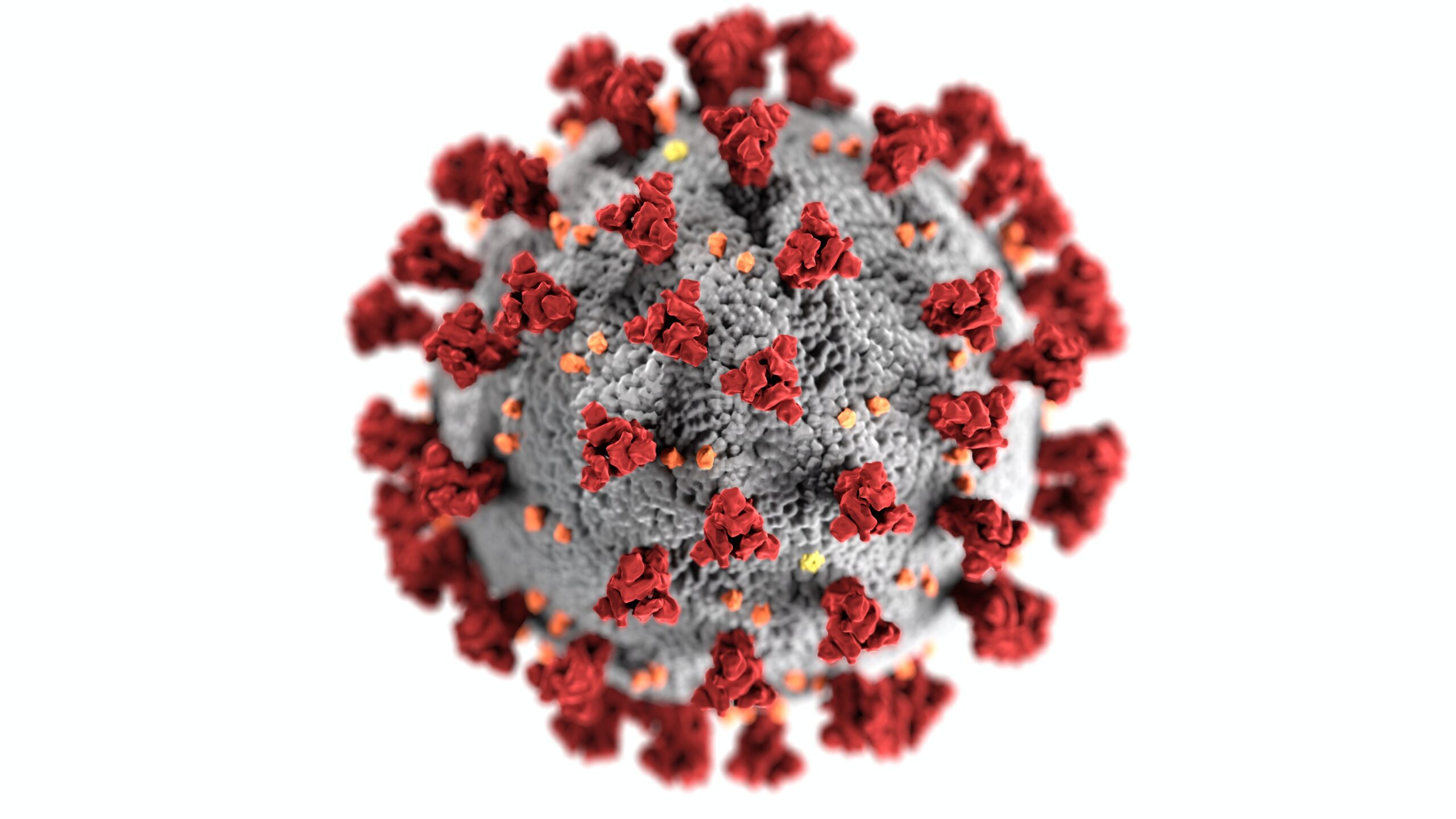
How COVID-19 Transformed Open Science: Accelerating Collaboration and Data Sharing
How COVID-19 Transformed Open Science: Accelerating Collaboration and Data Sharing https://opusproject.eu/wp-content/uploads/2023/07/pexels-cdc-3992933-scaled.jpg 1024 576 Open and Universal Science (OPUS) Project Open and Universal Science (OPUS) Project https://opusproject.eu/wp-content/uploads/2023/07/pexels-cdc-3992933-scaled.jpgThe COVID-19 pandemic brought about an unprecedented disruption to the global scientific community. As researchers and institutions grappled with the urgency of understanding and combatting the virus, open science emerged as a crucial tool for rapid progress. The pandemic has accelerated the adoption and impact of open science practices, revolutionizing the way research is conducted, disseminated, and collaborated upon. In this article, we explore the profound ways in which COVID-19 has changed open science, fostering a culture of collaboration, data sharing, and knowledge exchange.
- Rapid Sharing of Data and Preprints
COVID-19 highlighted the importance of timely information dissemination. With the urgent need for research results, scientists and organizations turned to preprint servers and open data platforms to share their findings rapidly. Preprints, non-peer-reviewed research papers made available to the public, became a vital tool for disseminating early-stage research related to COVID-19. By bypassing traditional publishing processes, scientists were able to share crucial data and findings almost immediately, accelerating the pace of discovery.
- Collaborative Efforts and Open Collaboration
The scale and complexity of the pandemic necessitated collaborative efforts across borders and disciplines. Open science played a pivotal role in facilitating this collaboration. Researchers worldwide collaborated openly, sharing expertise, resources, and data through platforms like GitHub, ResearchGate, and open science-focused networks. This spirit of collaboration fueled innovation, enabling researchers to build upon each other’s work rapidly. Interdisciplinary collaborations emerged, bridging gaps between fields such as virology, epidemiology, and data science.
- Citizen Science and Crowd-Contributed Data
The pandemic witnessed an upsurge in citizen science projects, where individuals without formal scientific training actively participated in data collection and analysis. Citizen science initiatives such as COVID Symptom Study and Folding@home engaged millions of volunteers, harnessing their collective power to contribute valuable data and insights. Open science principles made these collaborations possible, allowing non-experts to contribute meaningfully to research efforts, while fostering public trust and engagement in the scientific process.
- Open Access and Open Data Policies
COVID-19 served as a catalyst for greater adoption of open access and open data policies. Recognizing the urgency of the pandemic, numerous publishers and journals made COVID-19-related research freely available to the public. Funding agencies and institutions also encouraged researchers to make their findings and data openly accessible. This shift towards openness has accelerated the democratization of scientific knowledge, allowing researchers, policymakers, and the public at large to access crucial information without barriers.
- Reproducibility and Transparency
The pandemic underscored the significance of reproducibility and transparency in scientific research. The urgency to develop effective treatments and vaccines necessitated rigorous scrutiny of scientific findings. Open science practices, such as sharing protocols, code, and data, facilitated greater transparency and reproducibility. Researchers shared their methods openly, allowing others to verify and build upon their work. This emphasis on transparency has increased the reliability of scientific research and fostered public trust.
Conclusion
COVID-19 has forever transformed the landscape of open science. The pandemic accelerated the adoption of open science practices, fostering collaboration, data sharing, and knowledge exchange on an unprecedented scale. Rapid sharing of data, collaborative efforts, citizen science participation, open access policies, and increased transparency have become pillars of the post-pandemic scientific community. As we emerge from the crisis, the lessons learned from this transformative period should serve as a blueprint for the future of open science, promoting collaboration, inclusivity, and the acceleration of scientific progress.
- Posted In:
- Open Science News




